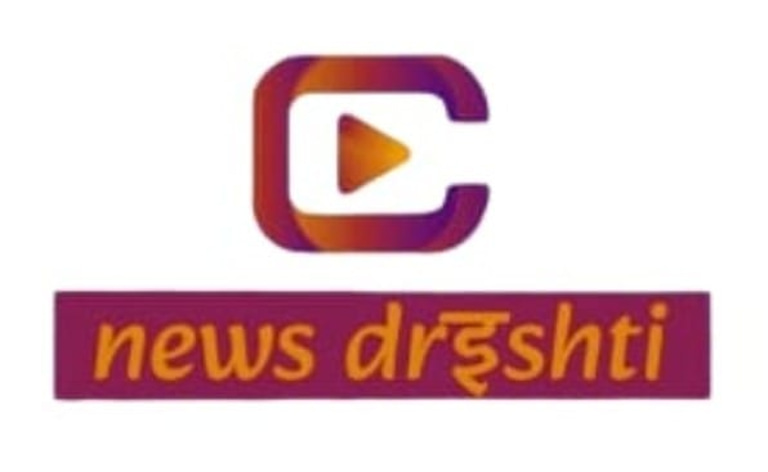Delhi Election 2025: Live Updates and Key Dates
The Delhi Election 2025 is a highly anticipated event, taking place on February 5 of the same year.
POLITICS
Overview of the Delhi Election 2025
The Delhi Election 2025 is a highly anticipated event, taking place on February 5 of the same year. Following the resignation of Arvind Kejriwal as Chief Minister in September 2024, Atishi has been appointed as the new Chief Minister of Delhi. Major political parties, including the Aam Aadmi Party (AAP), Bharatiya Janata Party (BJP), and Indian National Congress (INC), have already announced their candidate lists for the upcoming election. Voters in the national capital will cast their ballots in a single-phase election, providing them the opportunity to shape the future of the city for the next term. As the date approaches, various political parties are ramping up their campaigns, addressing key issues such as infrastructure, education, and health care.
Significant Dates to Remember
One crucial aspect of the Delhi Election 2025 is the counting of votes, which is scheduled for February 8. This day is significant as it will determine the formation of the next government in the region. Political parties have begun to strategize their efforts based on the anticipated voter turnout and are actively engaging with constituencies to ensure their candidates resonate with the electorate. AAP has released its final list of 38 candidates, with Arvind Kejriwal contesting from New Delhi and Atishi from Kalkaji. The Election Commission of India made the announcement regarding the election schedule and has been actively providing live updates on the process. This election will be a significant political event, with key developments and campaign activities expected to shape the future governance of Delhi.
Live Updates and Community Engagement
As the election draws near, it is essential for voters to stay informed. Live updates regarding the electoral process, candidate information, and other significant developments will be accessible through various platforms. Voter education initiatives are also being organized to clarify the voting procedure and empower citizens to make informed decisions. Excitement about the results of some of the contests is evident, despite the fact that the Congress has announced candidates for 48 seats and the BJP has only selected candidates for 29 seats. The two opposition parties, the BJP and the Congress, have named strong candidates against AAP leaders Arvind Kejriwal, Atishi, the current chief minister of Delhi, and former deputy chief minister Manish Sisodia.
In this context, discussions surrounding the impact of social welfare schemes and developmental policies will be paramount. Political analysts are closely monitoring voter sentiment and predicting possible shifts in support among the different parties. It is a pivotal time for Delhi's democracy, and the outcomes of these elections could have lasting implications on both local and national politics.
